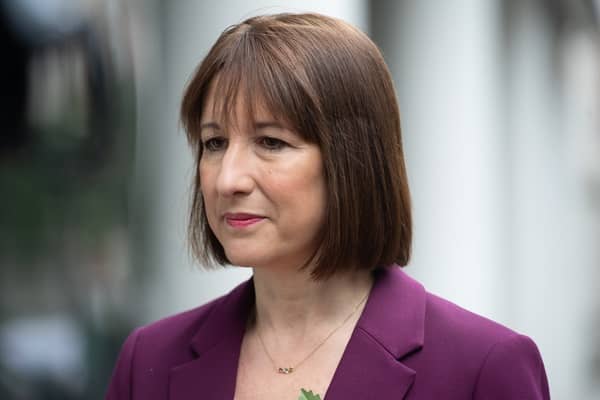Ahead of her Spring Statement on Wednesday, the public deems Rachel Reeves as the least trusted politician when it comes to economic and financial matters, according to Opinium’s latest polling.
No single party leader is trusted on the economy.
However, Starmer (-32%) and Reeves (-38%) are the most distrusted, with Farage, Badenoch and Stride sitting quite close to each other in the middle of the pack (-22%, -23% and -24%, respectively).
This comes as voters reveal they are continuing to feel the squeeze on living standards and so will likely be hoping to feel some respite in next week’s Spring Statement.
A quarter (23%) of UK adults describe themselves as ‘struggling’, whilst over two fifths (44%) say they are ‘coping’ financially, vs almost a third (31%) who say they are ‘comfortable.’
Negative economic outlook
The public also continues to be pessimistic about the UK economy, with over half (57%) believing the state of the UK economy will get worse over the next 12 months, while only 12% think it will get better and 24% think it will stay about the same.
Similarly, 41% think their own finances will get worse over the next 12 months, while only 19% think they will get better and 36% think they will stay about the same.
Handling of the economy
Labour has lost ground on all facets of the economy, most notably “running the economy” itself. Potentially as a response to some of Rachel Reeves’ decisions around National Insurance for businesses, the Labour lead has also fallen on setting conditions for business growth.
Voters are marginally more likely to believe the last government handled the economy better than the current one – with a quarter (26%) believing Rishi Sunak and Jeremy Hunt handled the economy better, vs 21% who believe Keir Starmer and Rachel Reeves are doing a better job.
Future of the economy
The public are divided on what the government should do next about government spending. One in five (22%) think the Chancellor should reduce government spending and investment, while 18% think she should increase government spending and investment. However, 26% think it should be maintained at current levels.
Of those who think spending has to rise, voters are heavily divided about how it is to be paid for. A third (33%) think the rise in spending should be funded by borrowing, 30% by taxes, and 28% by an even mix of both.
Welfare and Benefits
Over half (54%) of UK adults think that the changes to the disability benefits outlined by Liz Kendall this week are primarily about saving money, rather than being a meaningful change to get more people into work through reforms (30%).
In addition, disabled adults (48%) are one of the groups that voters believe does not have enough support from the welfare state and benefits system, along with informal and unpaid carers (62%), and low-income individuals or households (46%).
Although the government is receiving some support for the changes, with a third (32%) saying they support them, two in five (44%) believe that disabled people would be worse off in the long run, while 26% think there would be no change. Only 9% of voters think they would be better off.
James Crouch, head of policy and public affairs research at Opinium said, “Rachel Reeves faces an uphill battle convincing a sceptical public that the government is on the right track.
“Heading into her Spring Statement, the chancellor is the least popular cabinet member, with even Labour voters disapproving of how she is running the Treasury.
“The question is whether she has a plan to buy time before making tough tax-and-spending decisions in the Autumn Budget.”








